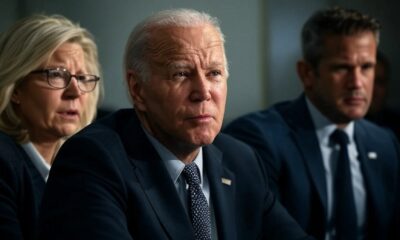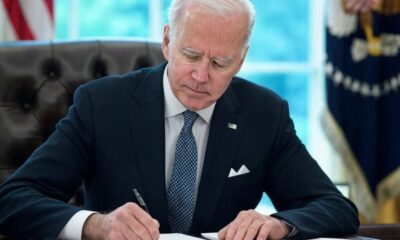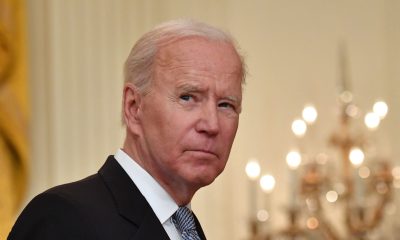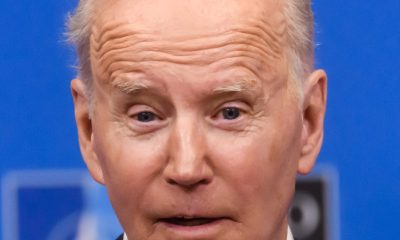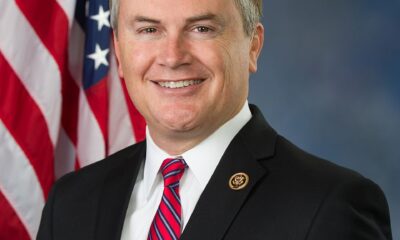RFK Jr.’s Challenge: A Biden-Carter Echo With A Twist
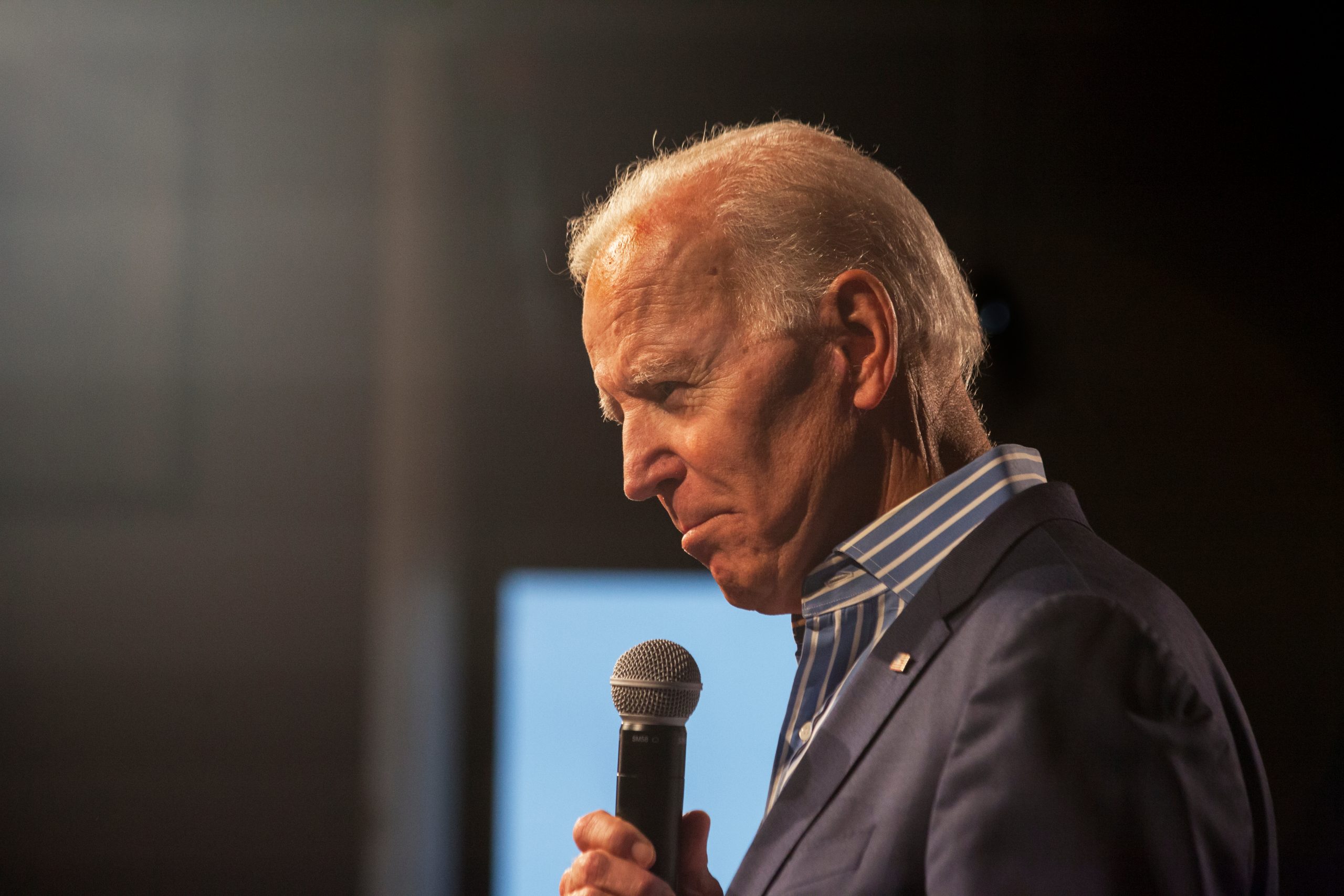
As history doesn’t always repeat but sometimes rhymes, the 46th President Joe Biden, like 39th President Jimmy Carter, faces a challenge for renomination from a Kennedy. In 1979, Carter faced a challenge from Massachusetts Sen. Edward Kennedy. Now Biden faces opposition from Robert F. Kennedy Jr. Both presidents struggled with a weak economy, rising inflation and worsening crime, setting the stage for these decisive political confrontations.
RFK Jr. announced his candidacy at a time when 71% of Americans believe the country is on the wrong track, with Biden’s approval rating suffering. According to a recent poll, 14% of those who voted for Biden in 2020 now support Kennedy, and only 67% still back Biden.
RFK Jr.’s candidacy is about more than just Biden’s weakness. He is a serious thinker on issues, and his campaign announcement speech reflected this. Kennedy seeks to “end the corrupt merger of state and corporate power that has ruined the economy, shattered the middle class, polluted our landscapes and waters, poisoned our children, and robbed us of our values and freedoms.”
His ideas resonate with both liberals and conservatives as he speaks out against corporate feudalism, attacks powerful figures like Bill Gates and Anthony Fauci, and questions the motives of major corporations. For instance, he described Amazon as having “closed down all of its competitors.” He expressed his involvement in a lawsuit against the company for censoring one of his books.
RFK Jr. hopes to connect with both working and middle-class voters, highlighting their common interests. He recently compared his position in the Democratic Party to that of Donald Trump in 2016, suggesting that, like Trump, he could lead an “uprising” and win the nomination despite opposition from party leaders.
On March 5, Kennedy addressed a group at Hillsdale College, a bastion of academic conservatism, and praised the school’s anti-Covid lockdown policy. He lauded the institution as a symbol of freedom, drawing parallels between 21st-century anti-lockdown sentiment and 19th-century anti-slavery abolitionism. In his closing remarks, Kennedy shared three key thoughts: firstly, governments will not willingly relinquish power they have taken from citizens; secondly, every power obtained by governments will be abused to the maximum extent; and lastly, compliance does not free societies from totalitarianism; resistance is essential.
While not everyone may concur with Kennedy’s perspective, the fact that 71% of Americans believe their country is headed in the wrong direction could indicate a need for an anti-establishment candidate. Such a candidate could unite a diverse coalition of dissatisfied voters, bridging the gap between opposing political ideologies. However, achieving success in this endeavor would require a massive voter turnout to counterbalance the influence of wealth and media control in shaping public opinion. Nevertheless, the growing disillusionment among Americans could pave the way for an anti-establishment candidate who champions individual freedom and challenges the status quo.
Although the establishment still wields considerable power, RFK Jr.’s candidacy could tap into the discontent felt by many Americans and bring together a coalition that challenges the status quo. However, the path to an anti-establishment candidate is uncertain and will require significant voter support to overcome money and media power at the top.


